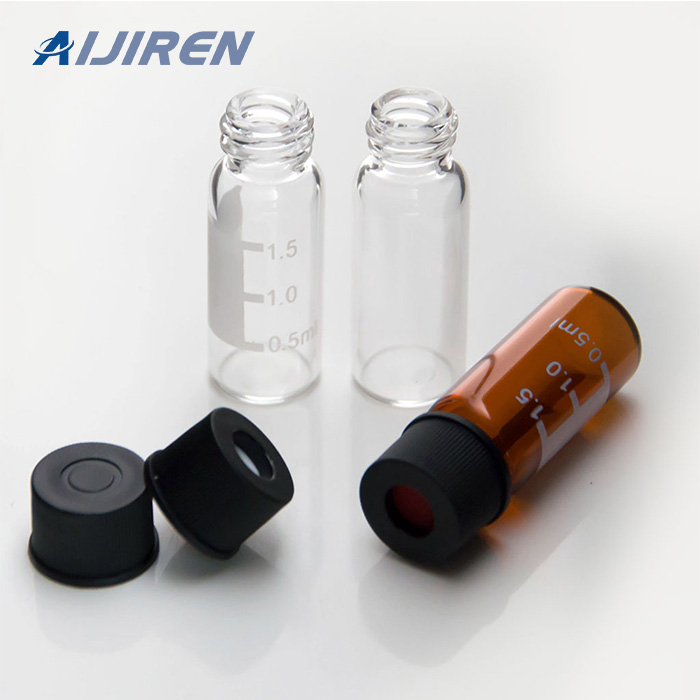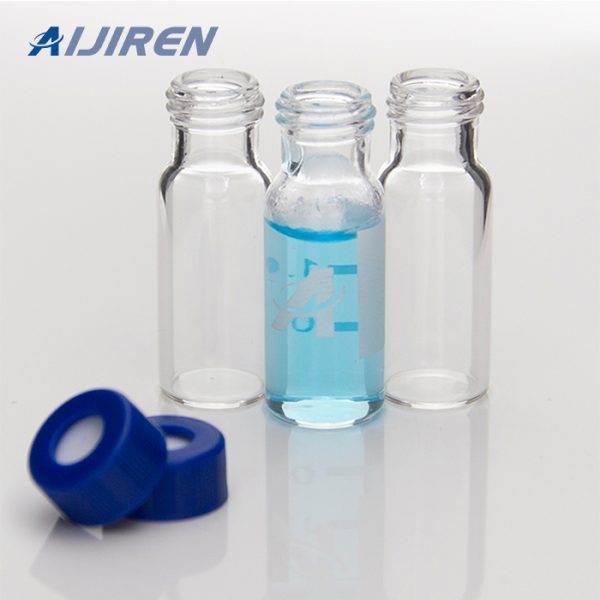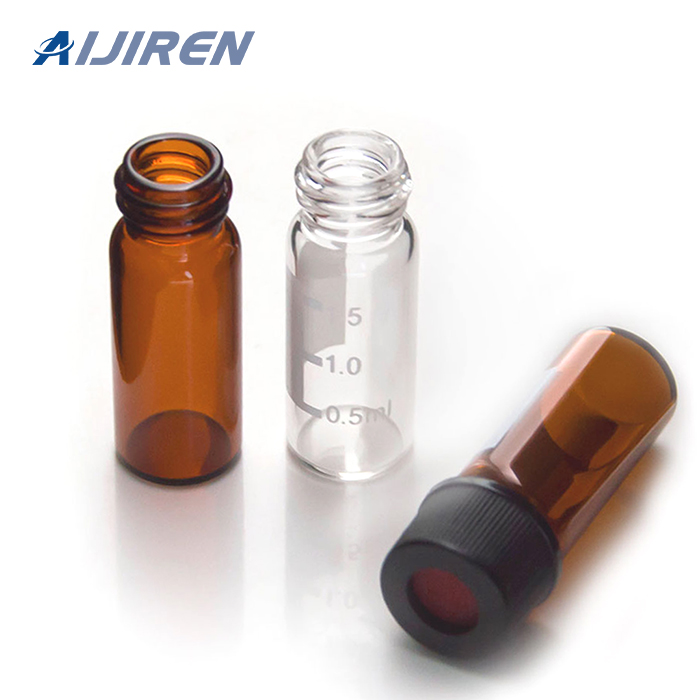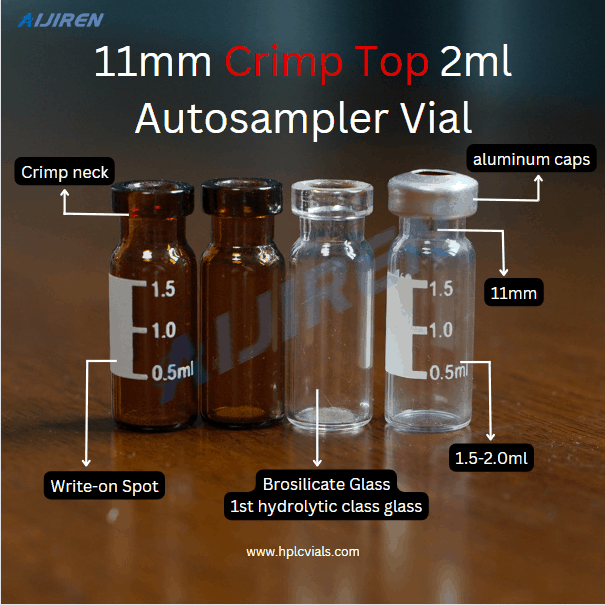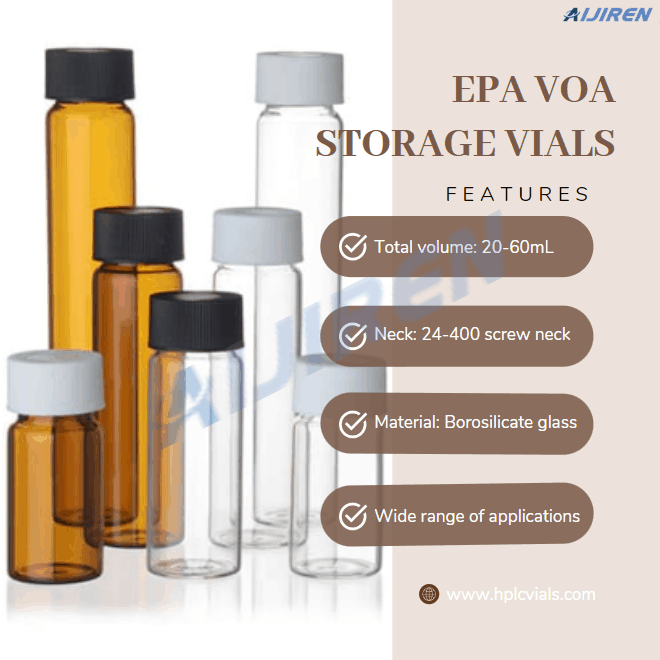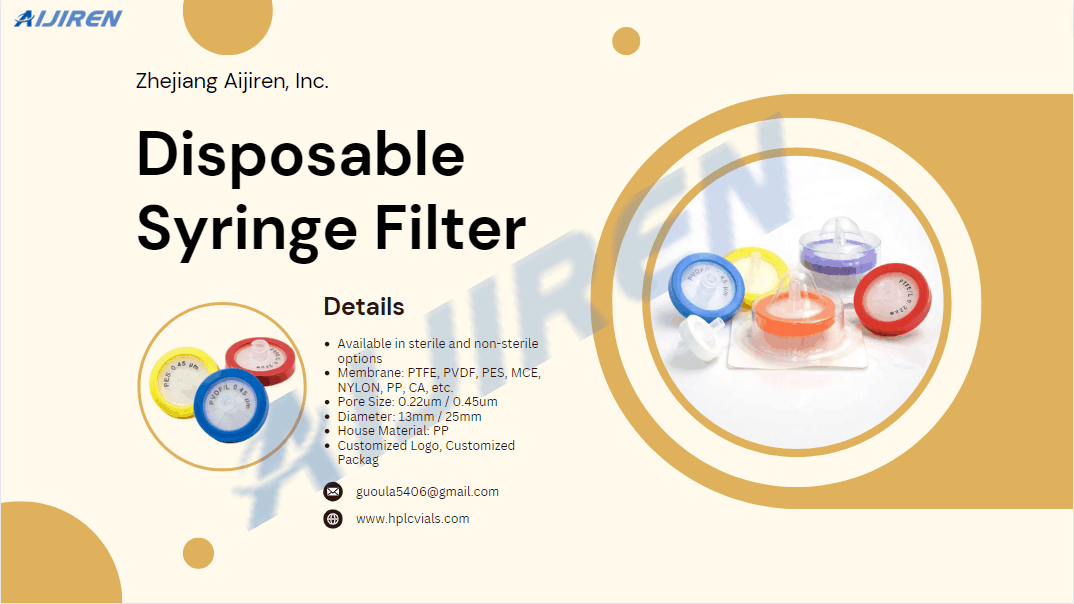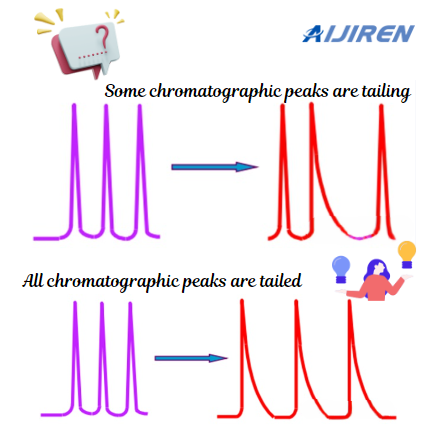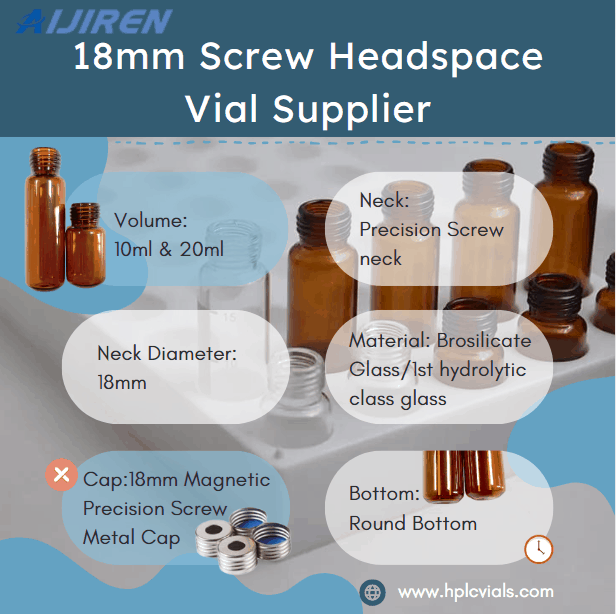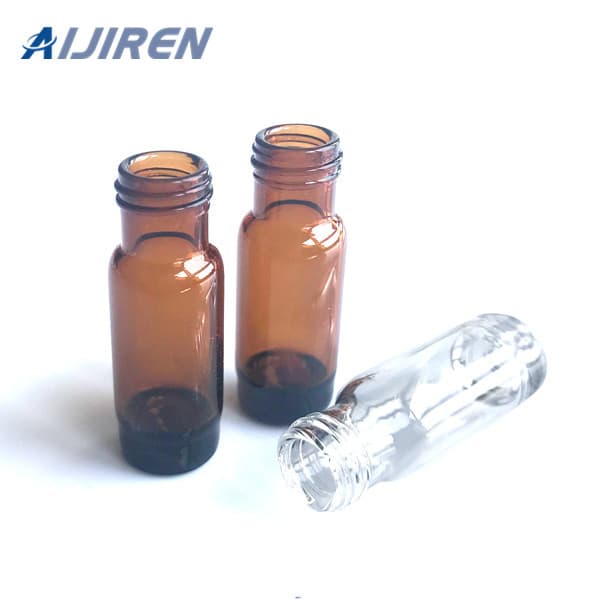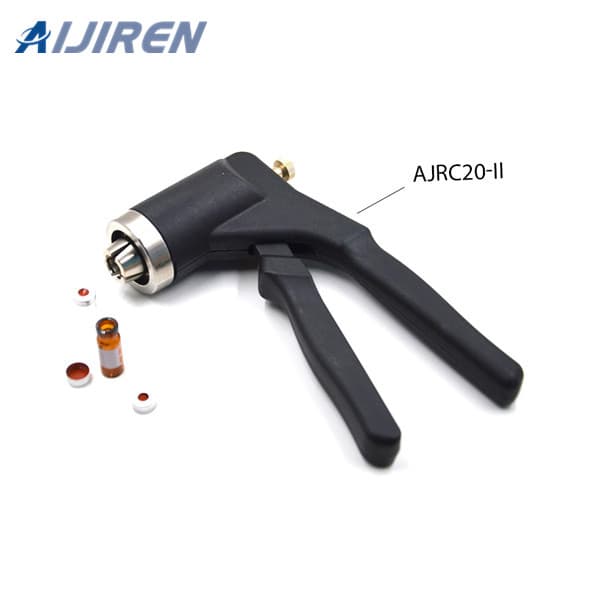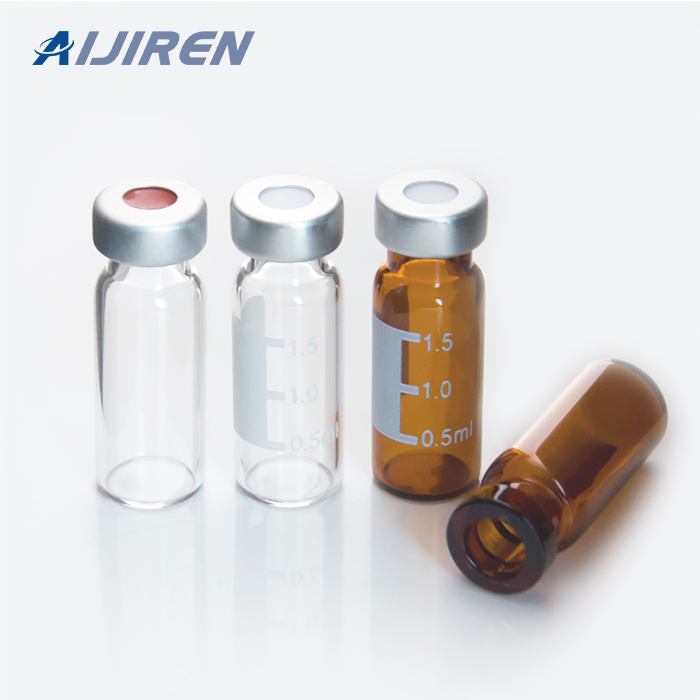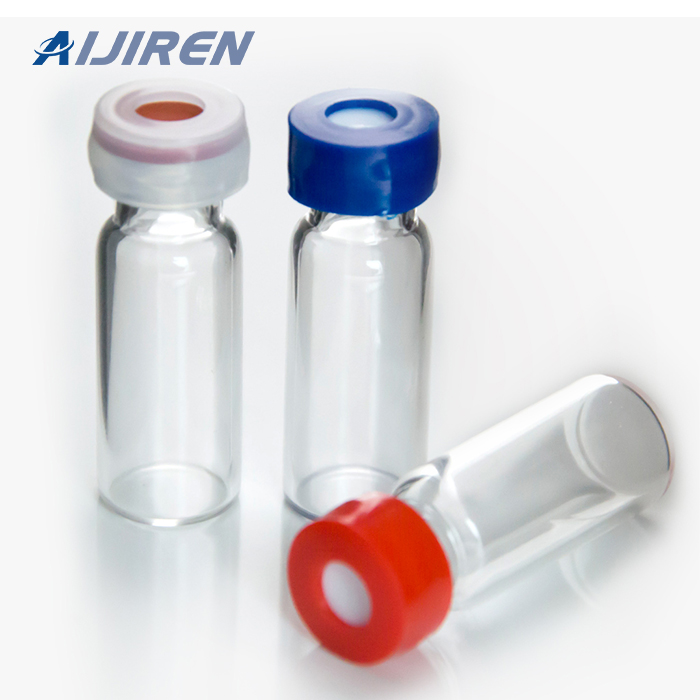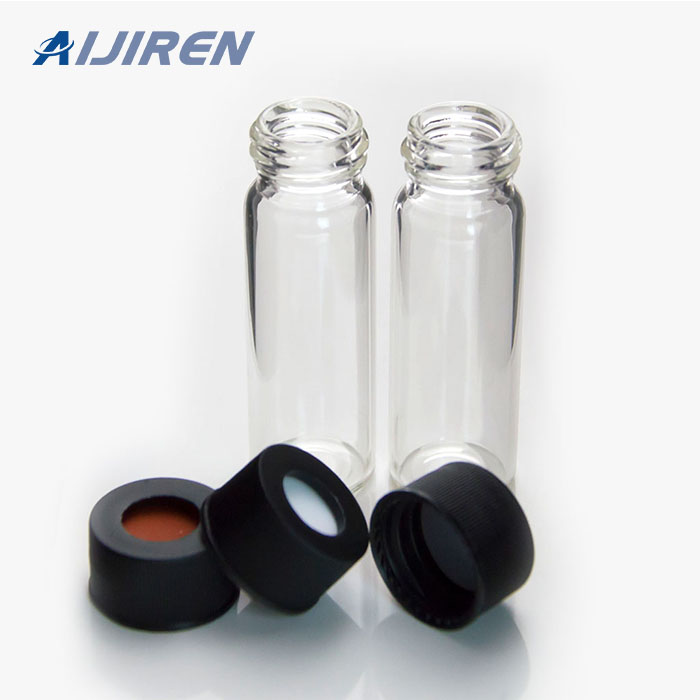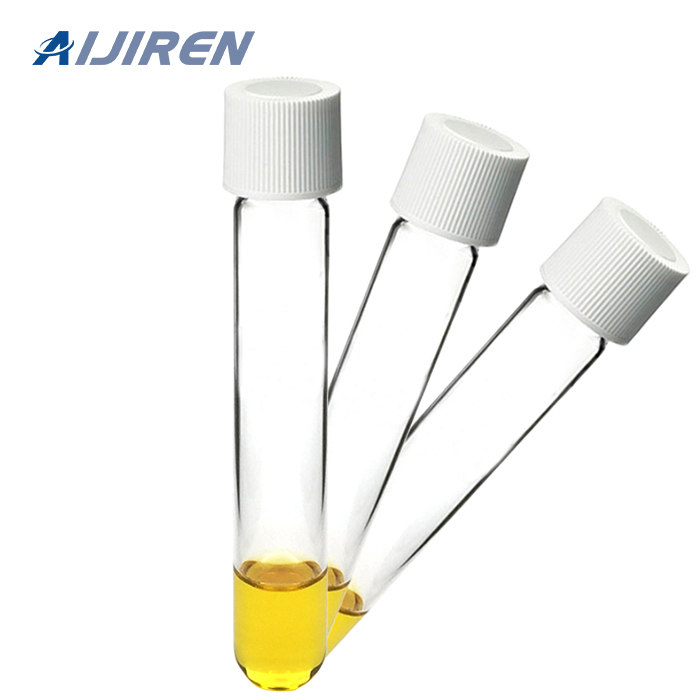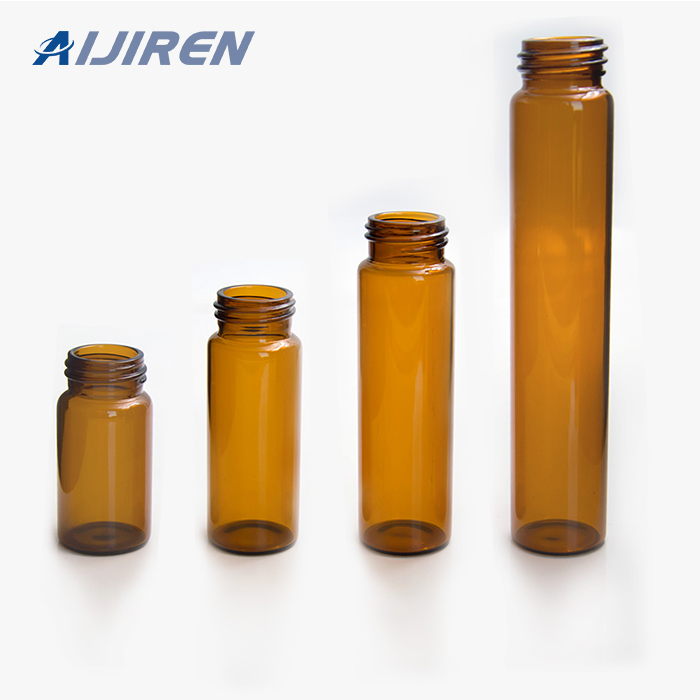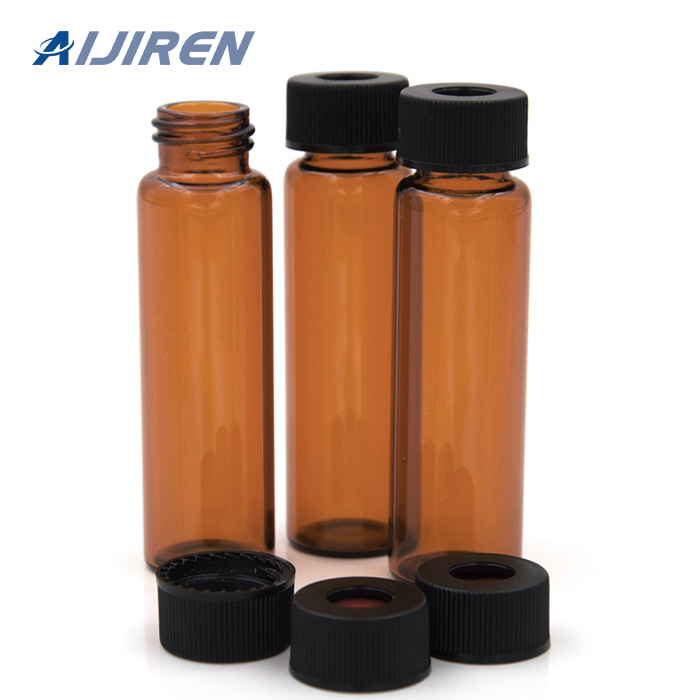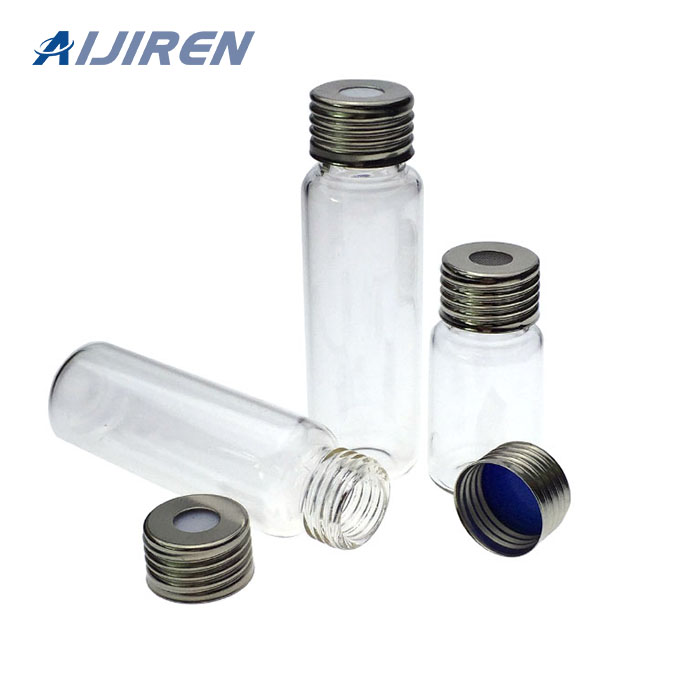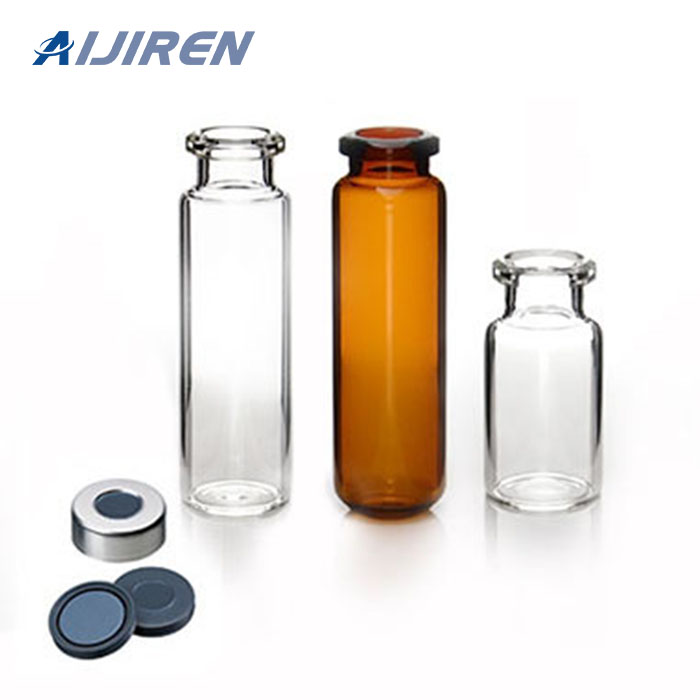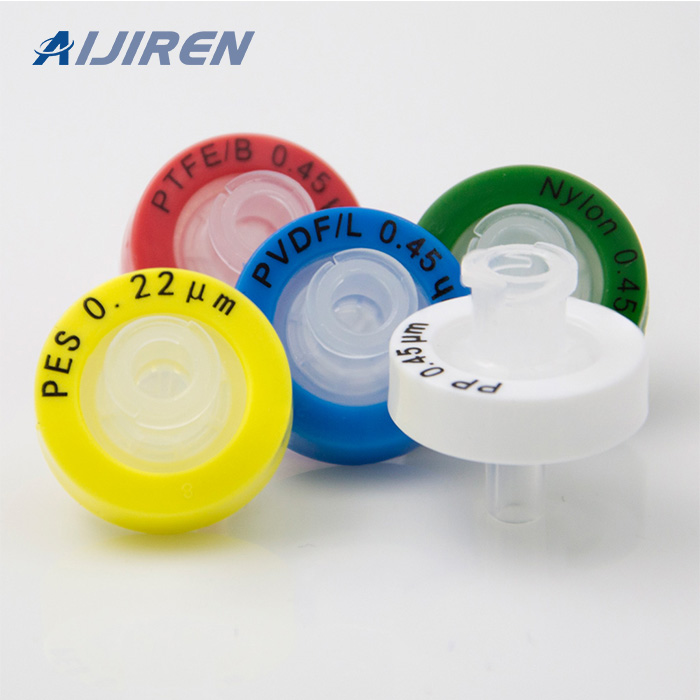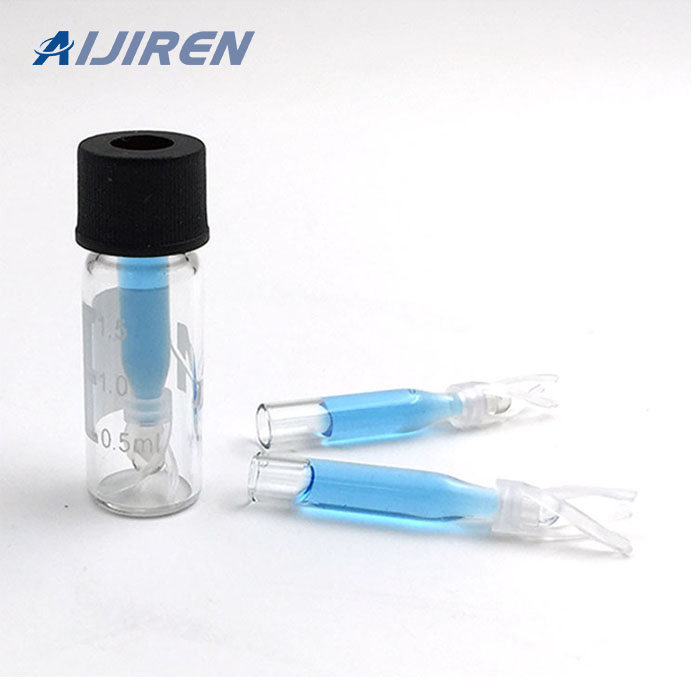Storage vials are small containers designed to store and preserve samples of various materials, typically liquids or fine powders. These vials are commonly used in laboratory settings for the safe storage of biological samples, chemicals, reagents, and other sensitive substances.
what is stored in vials?
Vials are used to store a wide range of materials across various industries and applications. The specific contents of a vial depend on its intended use. Here are some common types of materials that may be stored in vials:
- Chemicals and Reagents: In laboratory settings, vials are often used to store various chemicals, reagents, solvents, and solutions. These may include acids, bases, organic compounds, buffers, and more.
- Biological Samples: Vials are widely used in biological and medical research to store biological samples such as blood, serum, plasma, urine, DNA/RNA samples, cell cultures, and tissue specimens. These samples are often preserved for analysis, experimentation, or diagnostic purposes.
- Pharmaceuticals: In the pharmaceutical industry, vials are commonly used to store medications, vaccines, and other pharmaceutical products. These vials may contain liquid formulations, lyophilized (freeze-dried) powders, or reconstituted solutions.
- Essential Oils and Fragrances: Vials are also used in the cosmetics and fragrance industries to store essential oils, perfumes, and other concentrated aromatic compounds.
- Food and Beverage Samples: In quality control and research settings within the food and beverage industry, vials may be used to store samples for analysis, such as flavors, additives, extracts, and other food components.
- Environmental and Water Samples: Vials are utilized to store samples collected from environmental sources, such as soil, water, and air, for environmental monitoring, testing, and analysis.
- Forensic and Toxicology Samples: In forensic science and toxicology, vials are used to store various types of samples for analysis, including blood, urine, hair, and other bodily fluids or tissues, as well as toxic substances and controlled substances.
Industrial and Specialty Chemicals: Vials may also be used to store specialty chemicals, intermediates, standards, or reference materials in industrial settings or specialized laboratories.
What do you use a vial for?
A vial is a small container that is used for storing and preserving various types of materials in different industries and applications. Here are some common uses for vials:
- Laboratory Research and Analysis: Vials are widely used in scientific research laboratories to store chemicals, reagents, solvents, biological samples, and other materials for experiments, testing, and analysis.
- Medical and Clinical Applications: In the medical field, vials are used to store medications, vaccines, diagnostic samples (e.g., blood, serum, plasma), and other healthcare-related substances. They are essential for drug storage, preparation, and administration.
- Pharmaceutical Packaging: Vials are commonly used in the pharmaceutical industry for packaging and storing medications, injectable drugs, sterile solutions, and other pharmaceutical products. They provide a secure and sterile environment for the contents.
- Cosmetics and Fragrances: Vials are utilized in the cosmetics and fragrance industries to store and dispense essential oils, perfumes, colognes, and other concentrated aromatic compounds.
- Food and Beverage Analysis: In the food and beverage industry, vials are used for sample collection, storage, and analysis of various components, additives, flavors, and contaminants.
- Environmental Monitoring: Vials are employed in environmental science and monitoring programs to store samples of soil, water, air, and other environmental matrices for testing and analysis.
- Forensic and Toxicology Testing: In forensic science and toxicology laboratories, vials are used to store evidentiary samples, biological specimens, toxic substances, and other materials for forensic analysis and testing.
- Industrial and Chemical Applications: Vials may be used in industrial settings for storing specialty chemicals, standards, reference materials, and other substances used in manufacturing, quality control, and research.
- Biotechnology and Biopharmaceuticals: Vials play a crucial role in the biotechnology and biopharmaceutical sectors for storing cell cultures, protein solutions, vaccines, and other biologically derived materials.
- Sample Storage and Archiving: Vials are often used for long-term storage and archiving of samples, specimens, and reference materials in various fields to preserve their integrity and ensure their availability for future use.
Overall, vials are versatile containers that serve a wide range of purposes across different industries, providing a safe, secure, and sterile storage solution for various types of materials.

